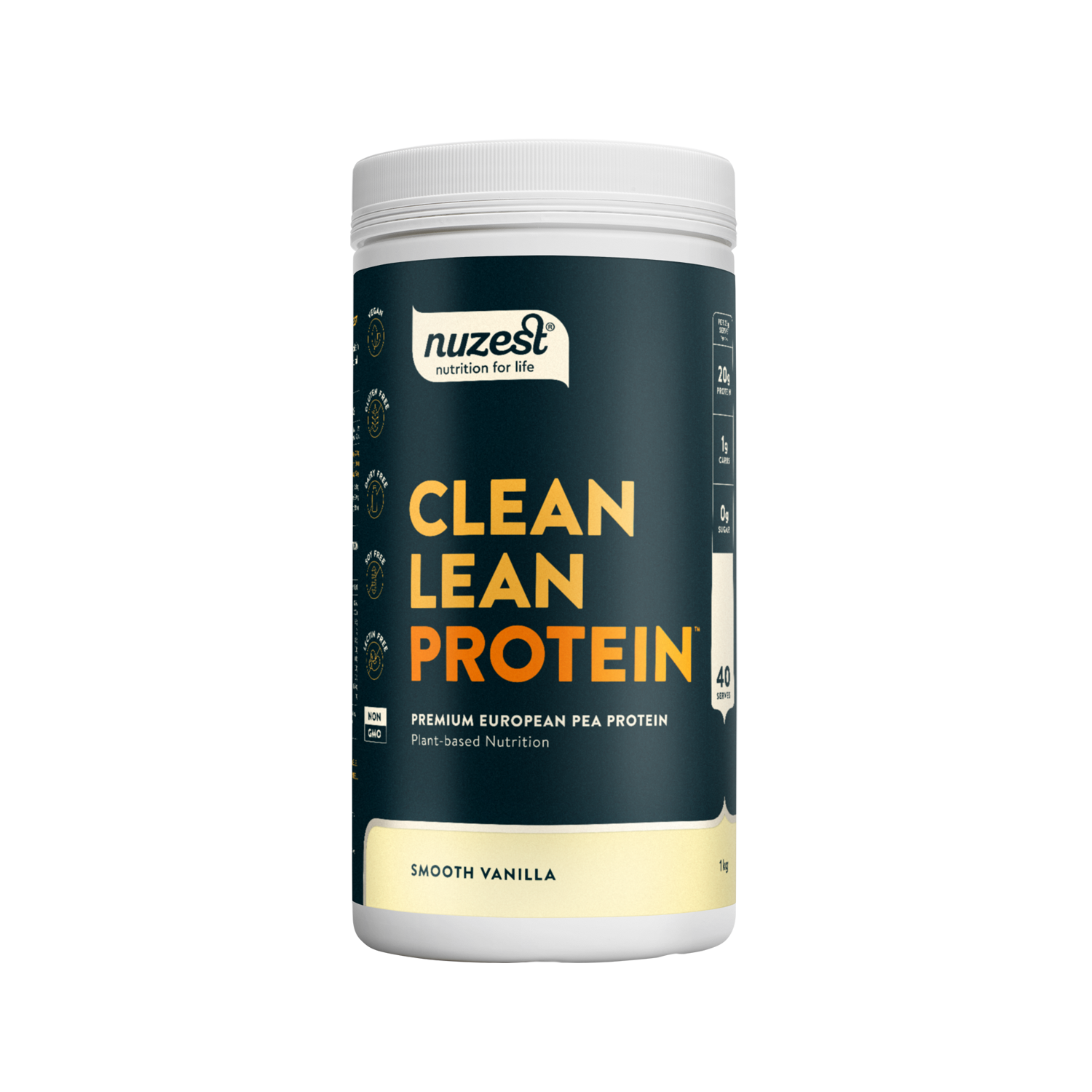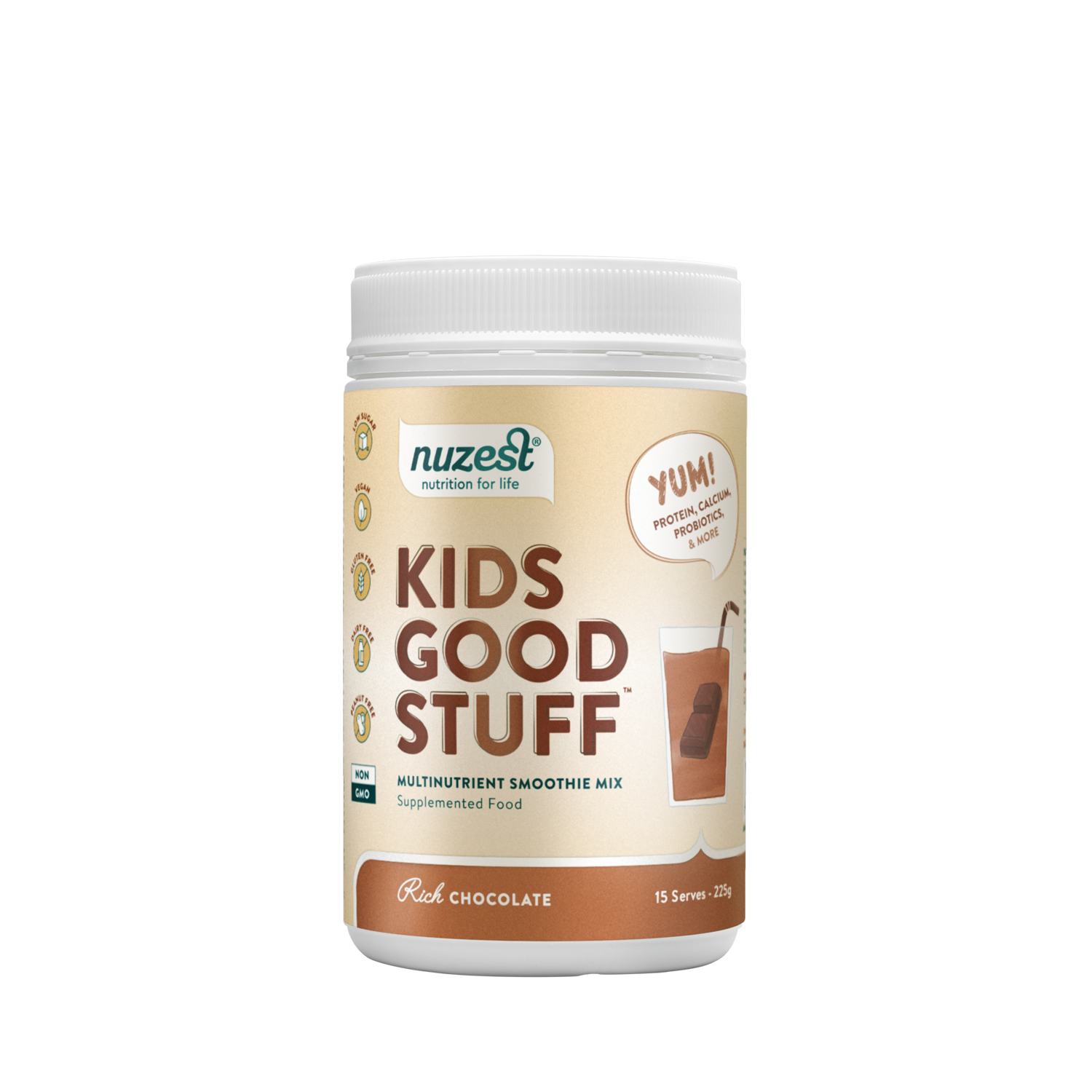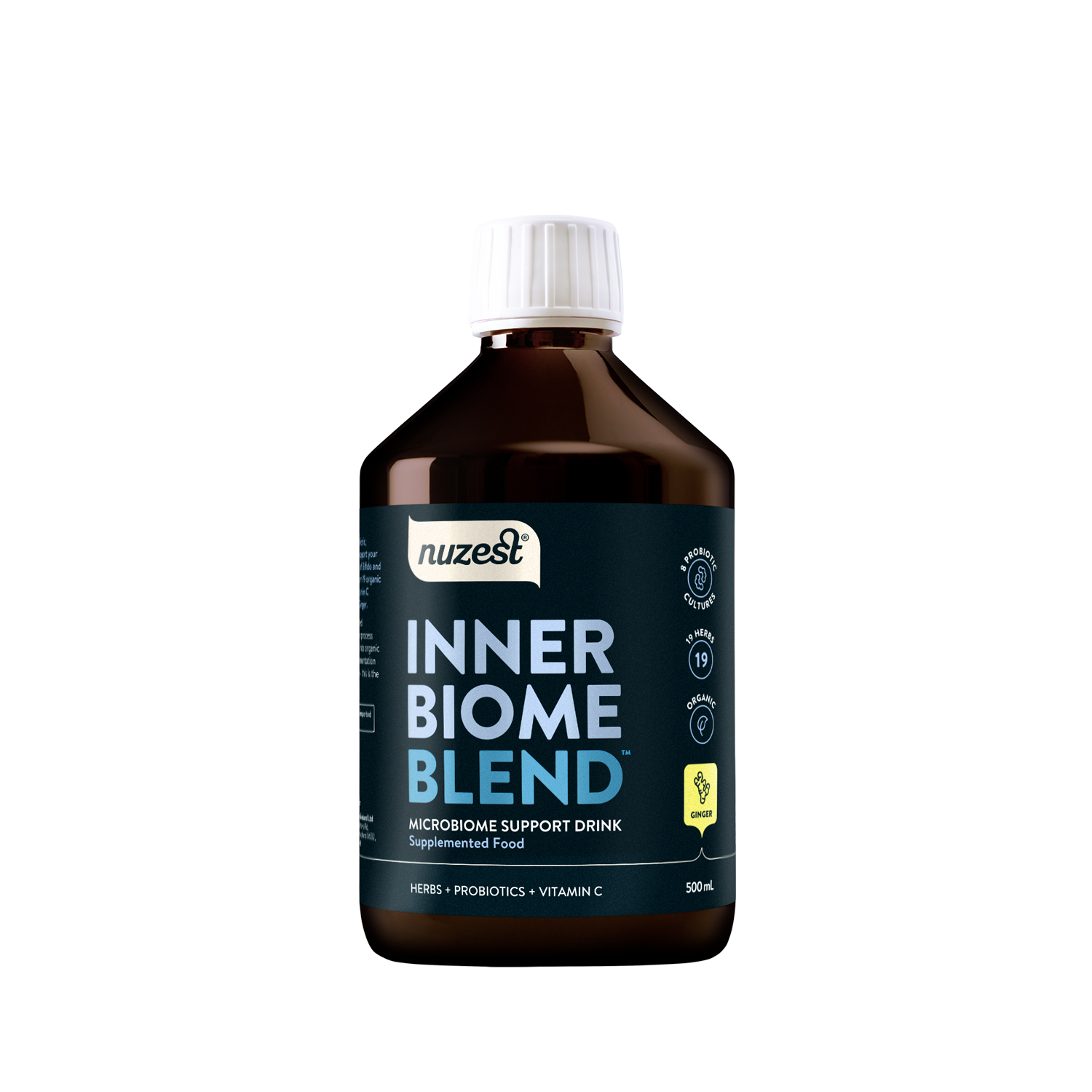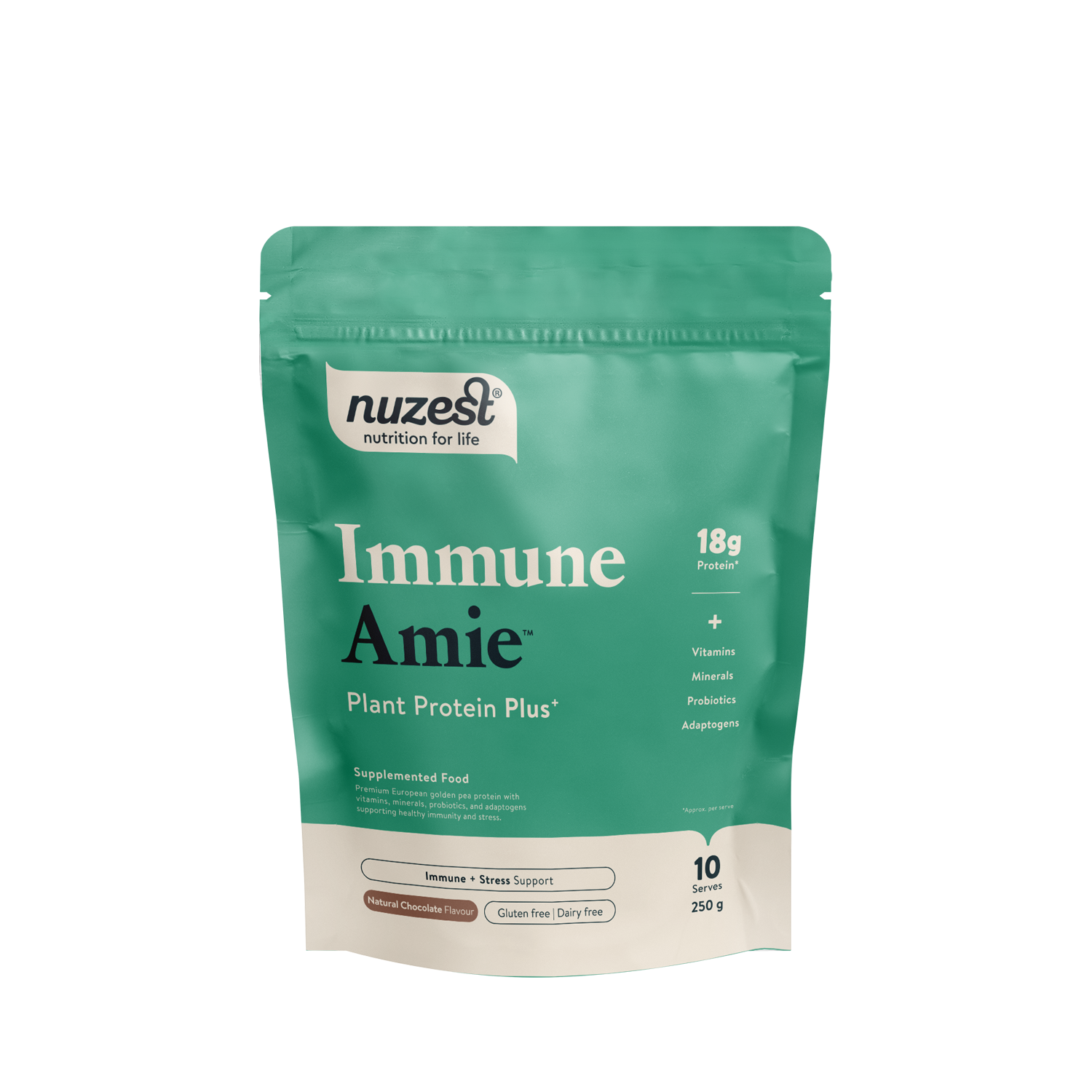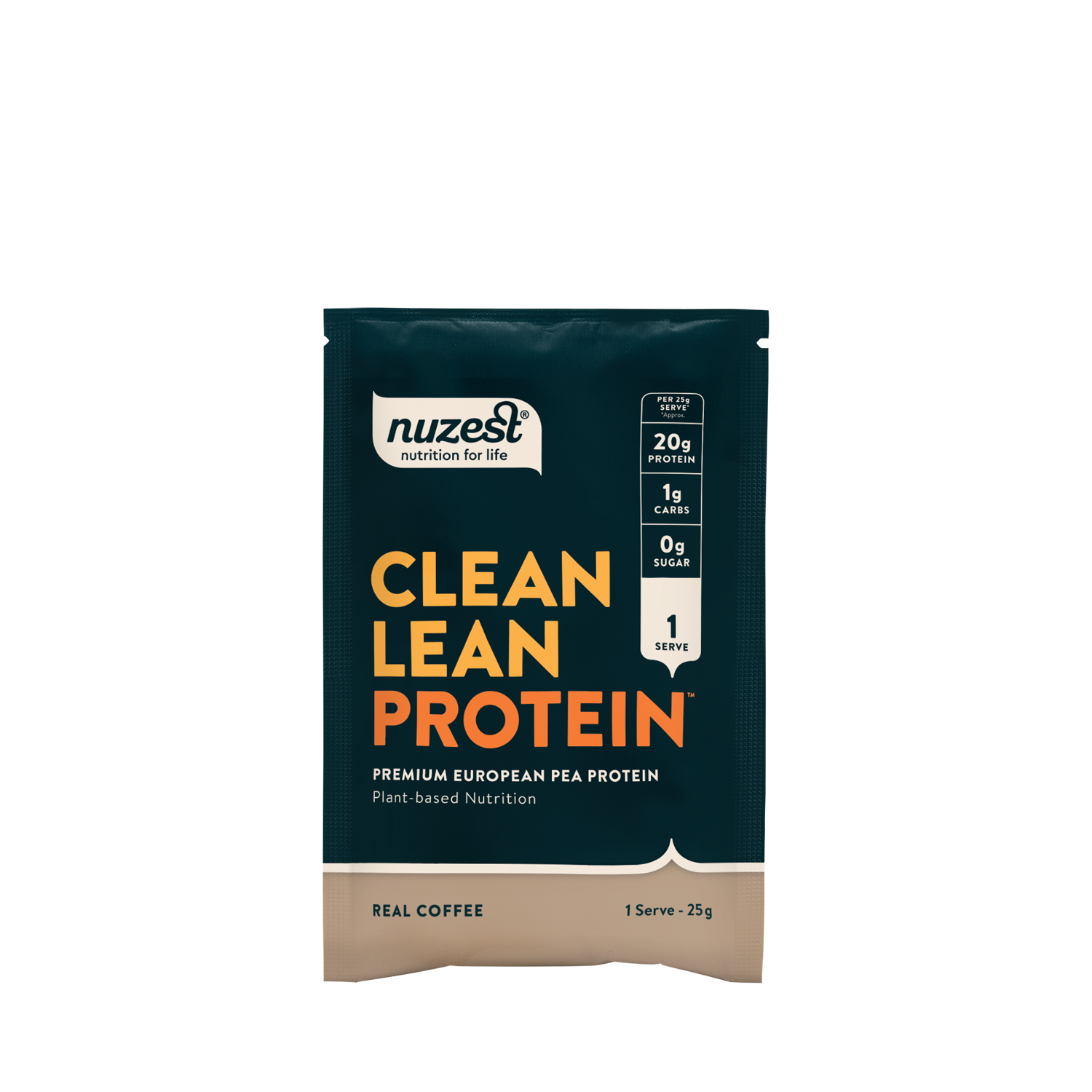Licorice Root
Glycyrrhiza glabra

Licorice root is derived from the Glycyrrhiza glabra plant and is used in confections and herbal products. It is often processed into powders or extracts.
Products:
Is Licorice Root Anti-Inflammatory?
Licorice root is recognised for its anti-inflammatory potential. Key active constituents, including glycyrrhizin, have demonstrated the ability to modulate inflammatory pathways. As a result, licorice root may offer supportive effects in conditions where inflammation is a contributing factor, such as arthritis, certain digestive disorders, and respiratory ailments.¹ ²
Is Licorice Root an Adaptogen?
Classified as an adaptogen, licorice root is among substances believed to aid the body in adapting to both physical and emotional stress. By potentially modulating the hypothalamic-pituitary-adrenal (HPA) axis, it may influence hormonal balance, energy metabolism, and enhance overall resilience.³ ⁴
How Can Licorice Root Potentially Heal the Gut?
By soothing the digestive system and supporting the health of the mucosal lining, licorice root may aid in gut healing. Research suggests it can be beneficial for managing conditions such as irritable bowel syndrome (IBS), heartburn, and ulcers. Additionally, this herb may promote the repair of the gut lining and help reduce inflammation, thereby supporting improved digestion and overall gut health.⁵ ⁶
Licorice Root for Adrenal Fatigue
For individuals experiencing adrenal fatigue, licorice root may provide support by enhancing adrenal gland function and helping to balance cortisol levels, a key hormone in stress management. Through the regulation of cortisol, licorice root has the potential to reduce symptoms such as fatigue, weakness, and exhaustion commonly linked to adrenal insufficiency.⁷

